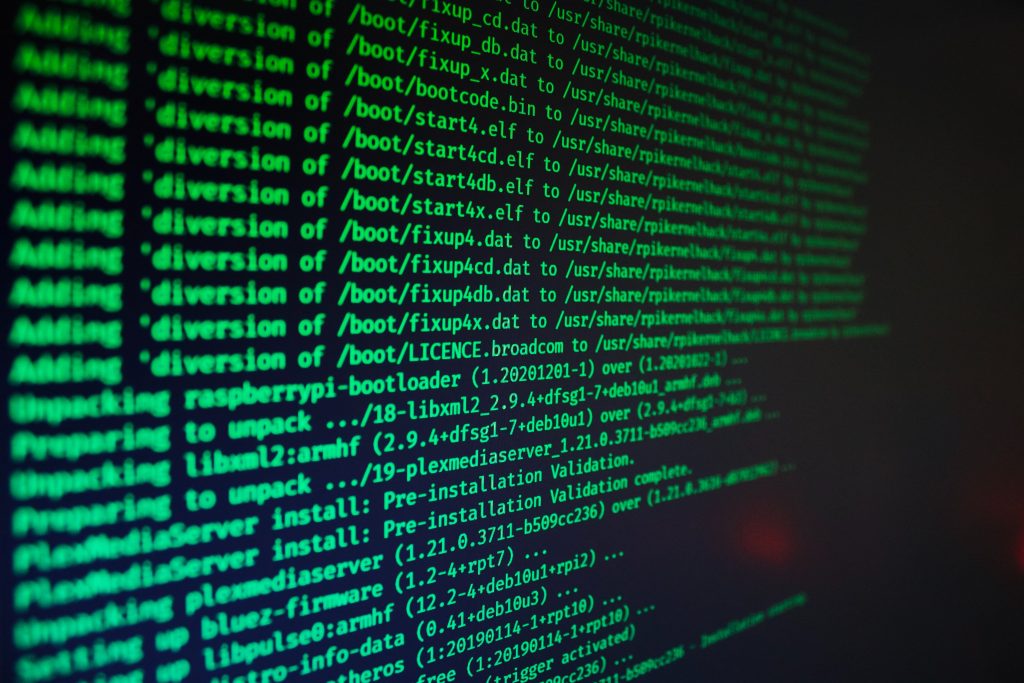Banks and crypto exchanges get hacked a lot. You can't prevent that from happening, but you can make things harder for hackers to steal your funds. Let's look at some simple ways to protect your money online.
Dedicated Resources
You probably have a laptop or desktop dedicated to multiple things - web browsing, email, etc. When dealing with money, having a specific device dedicated to business transactions is a good idea.
Whether that is a cheap computer, tablet, or phone, pick something easily accessible and light on resources. Make a habit only to use it to log in to your bank, or investment portfolio.
You can have multiple crypto wallets for separate investments: trading, spending, or HODLing.
If a second device is out of the question, try using one browser for day-to-day, and another for money-related things.
Also, consider using a dedicated email where you only receive info about financial transactions. Secure email providers like Protonmail can give you access to multiple email addresses you can manage at once.

Stay Private
A big step to protect your money is to avoid using public Wi-Fi when accessing your funds. Public Wi-FI is under-protected due to weak passwords and encryption.
Access funds from your home Wi-Fi. If possible, connect a VPN to hide your IP address and avoid the tracking of your activities. Once you're signed into a VPN, pair it with some private web browsers.
LibreWolf is a fork of Firefox focused on privacy, security, and freedom. It operates just like Firefox, but it removes telemetry – automatic collection and transmission of data.
Epic Browser comes right out of the box with every privacy setting turned on. This browser focuses on “extreme privacy”: no auto-syncing, no spell-check, no auto-fill, and no plug-ins.

Solid Passwords
Hackers love rookie investors with weak passwords.
Passwords should be anywhere between 12 and 16 characters long. Avoid adjacent keyboard combos or repetitive characters - passwords like "qwerty", "123456", or "AAAA".
Most banks or crypto exchanges require multi-factor authentication now. Avoid using SMS or email authentication. Apps like Authy or a physical option like Yubikey are great alternatives.
It’s easy to take shortcuts, like reusing the same password. You may not have the patience to create new passwords on your own.
A password manager can help you create strong, unique passwords for all your accounts, log into websites automatically, and remind you to update your passwords.
A password manager like Keeper is a great option, and it's available on multiple devices.

Read the Fine Print
Phishing is still the #1 tool hackers like to use to steal your funds. Unfortunately, most people still have a bad habit of clicking the first button they see.
Phishing emails convey a sense of urgency; they will always want you to “act now”, or “transfer this ASAP”. Hackers also like to send these emails to someone important, or from a well-known company.
Do not open any emails, click on any links, or download files if you are not confident in the sender. If you aren’t sure, log into the account in a separate tab.
Verify each character of a wallet address before sending funds out. Hackers like to take advantage of crypto investors that don't pay attention to detail.

Stay Up to Date
Hackers are constantly inventing new ways to steal funds.
Security breaches usually force multiple companies to make changes. It's important to stay informed about potential risks.
Sign up for some newsletters or YouTube channels, and keep some news sites bookmarked.
Protect your money and your computer. Check for OS updates. They usually have patches that fix security flaws. Also, see if your crypto wallet is releasing any updates or security patches.
Check if your favorite exchange is going through any legal changes or updates. And If your bank or crypto exchange has a breach, it's a good idea to update your passwords.

Wrapping Up
Consider a dedicated device to handle your money. Keep it separate from your day-to-day devices.
Try to keep things private as you can with a solid web browser and VPN. And avoid public Wi-Fi at all costs.
Use strong passwords, password managers can do the annoying work for you. Avoid reusing passwords.
Pay attention to potential phishing attempts. Don't click, use your own link. Log in to a separate tab.
And keep your hardware up-to-date. Also, stay as informed as possible on the latest tech developments.


















